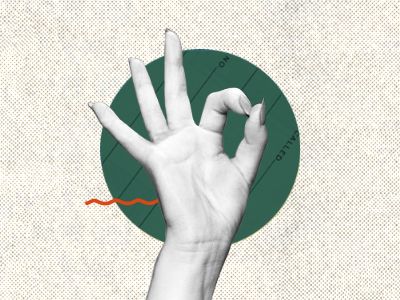
This article is written by Jawaria A. Kashif, Advocate High Court, Lahore. You can get in touch with her on email here, and her Facebook page here.
Nikah: A protection for rights of women
Marriage is a very sweet occasion. Our religion has also emphasized on the importance of marriage. It is the sunnah of our Prophet (P.B.U.H). The nikah is not only a marriage contract, it contains many aspects due to which the rights of both husband and wife are protected. Here we discuss the rights of women in detail.

Source: ejournal41
Whenever a marriage of our daughter or son is fixed, the whole family starts every kind of preparations to make this occasion memorable for the couple-to-be and the family. The mother starts advising her daughter how to spend her life in her new home. However, one thing which every girl’s mother should advise her is to read the nikahnama fully before signing it.
Nikah is an agreement in which both partners agree to spend their life in accordance with Quran and Sunnah. In addition, it is very necessary for both partners that they must know the terms and conditions of the niakhnama before signing it.
Here we will try to explain the most important clauses of the nikahnama in a very easy to understand manner. We will elaborate how our Pakistani nikah contract has covered the Islamic rules and laws of nikah.
There are total 25 columns in the Pakistani nikahnama. The first 12 are about the personal details of both groom and bride. We will discuss the rest as follows.
Haq Mahr (Dower):
Column number 13 to 16 are about Dower (Mahr). These columns also describe how much dower is being written/paid, non-paid, and what is the value of Dower-Prompt (moajjal) and what is the value of Dower-Deffered (ghair-moajjal). Moajjal is the case where the dower amount is paid to the wife at the time of the nikah, whereas ghair-moajjal is the case where the dower amount will be paid later to the wife.
In Al-Quran it is stated: “And give the women their dowries willingly.” (Surah An-Nisa 4:4)
It is very important that the dower amount must be filled. Allah has made this provision for the sake of the wife’s future security. The amount of dower must be handsome. Normally, in our culture, this amount is decided by the mutual consent of the parents of bride and groom.
Read More on Haq Mahr: Women Rights: The Right of ‘Mahr’ In Islamic Marriage
Special Conditions:
The column 17 is about any special condition. In this column, the bride may write any special condition if she so desires. This column too is very useful for bride as through this, Allah enables her to make any of her conditions known beforehand. Once the nikah is performed, these conditions will apply, whomever they are for.
Clause for Khulah & Divorce:
The column 18 is about the wife’s right to divorce, whether given by the husband or not. This column is usually left blank but it must be filled as this serves a very important purpose of reserving the rights of the wife. Further, column 19 indicates if the husband’s right to divorce the wife is under some binding or not. As apparent, this column also favors wife’s rights.
Divorce is a very bitter reality, but it is a reality we cannot deny. The parents should not let their emotions give them away; they have to think practically for the betterment of their daughter. These sections should be filled properly and after much consideration.
Wife’s Maintenance:
Column 20 is asking whether any document is prepared regarding the wife’s maintenance and monthly pocket money etc. Here the bride has right to demand monthly pocket money from husband and also her maintenance. The column is for the benefit of the wife.
Previous Marriages:
Columns 21 and 22 are about whether the husband is married before or divorced and have wife/wives. If yes, then he has taken permission accordingly and what is the number of his children from previous wife/wives?
As discussed above the columns 13 to 22 must not be left blank in the marriage certificate (NIKAHNAMA).
It is very necessary for an adult girl who is going to get married that she must read and understand the NIKAHNAMA fully before signing it. And one copy of nikahnama must be kept in wife’s custody for future use. That is also important for a wife.

This article is written by Jawaria A. Kashif, Advocate High Court, Lahore. You can get in touch with her on email here, and her Facebook page here.





